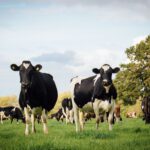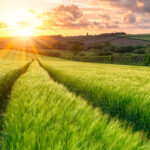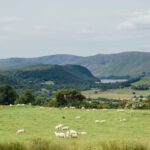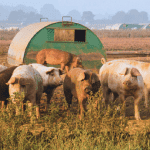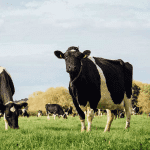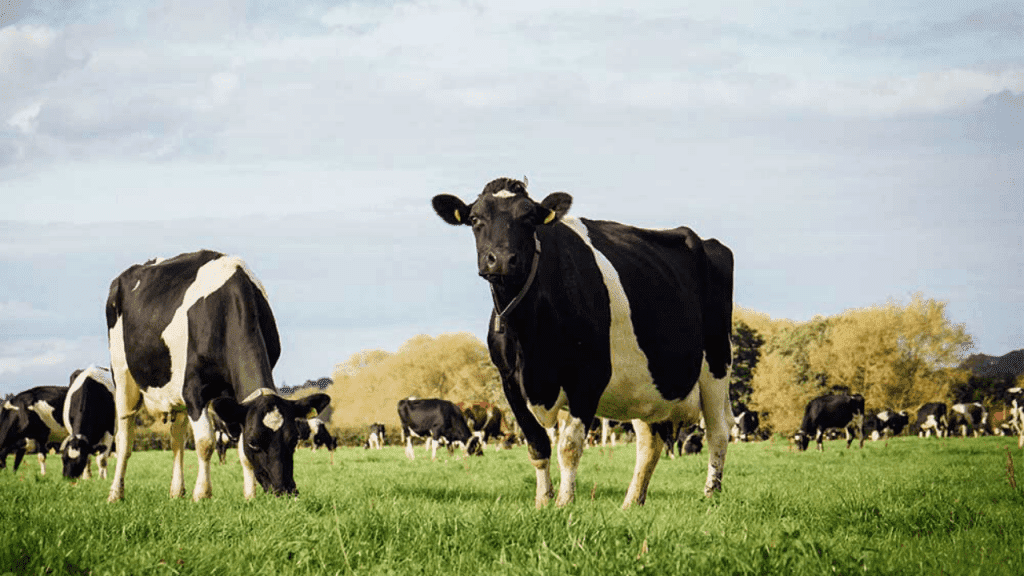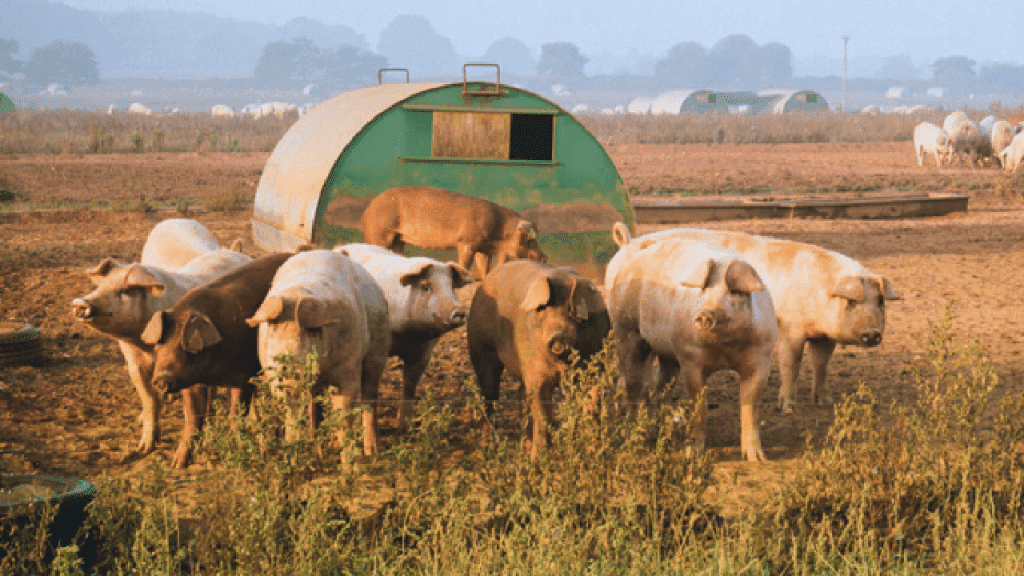Not everyone has the opportunity to visit a farm. This video tells the story of British dairy farming. British dairy farmers and their cows do their best everyday to produce delicious, nutritious milk. See how they and their teams care for the cows which provide this valuable element of a healthy diet.
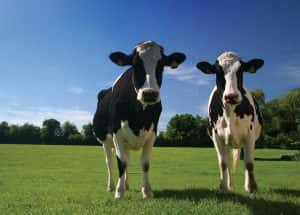
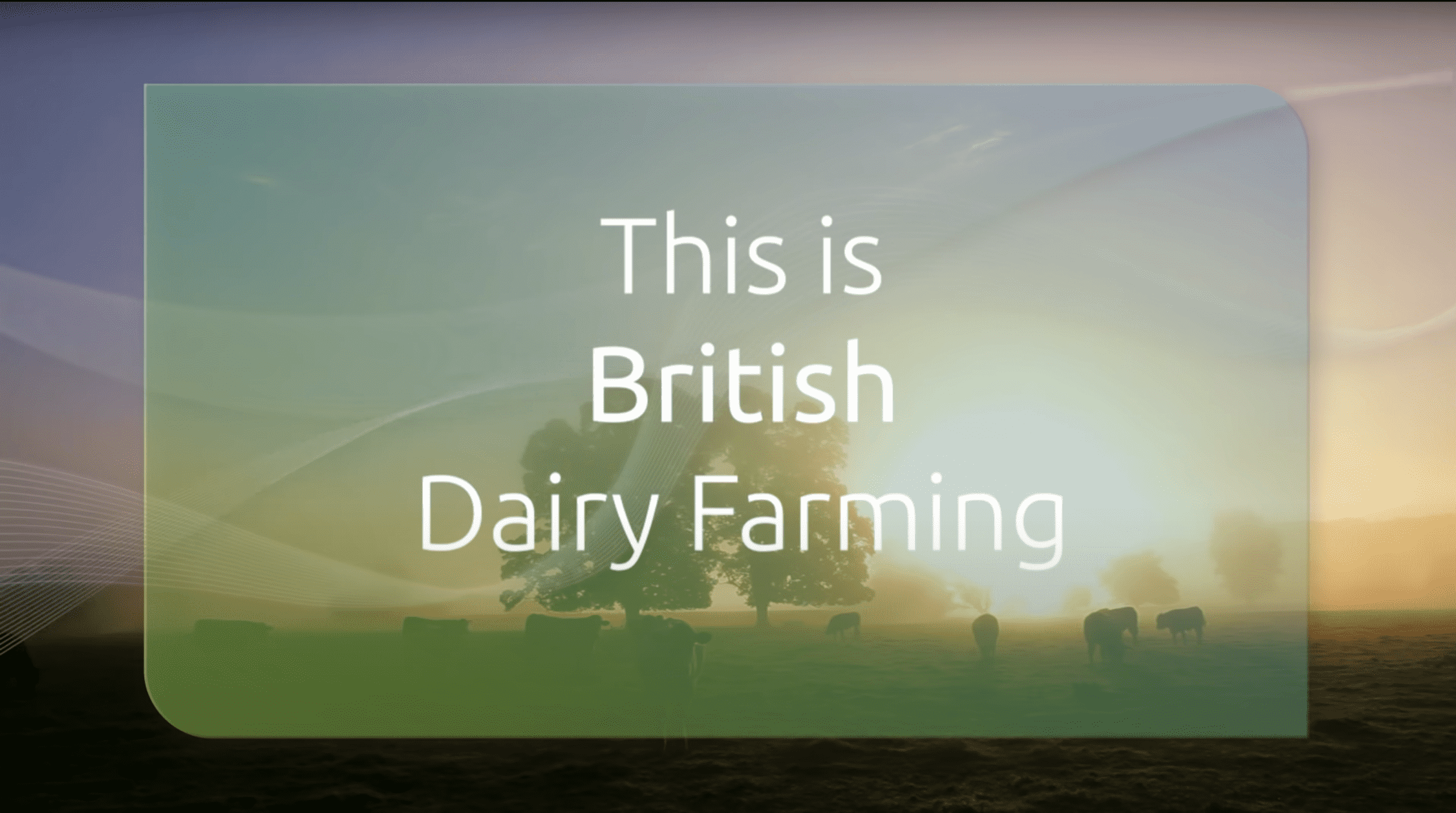
Play Video
Related articles
Food & Farming Standards
Can you tell us about British dairy farming?
Food & Farming Standards
